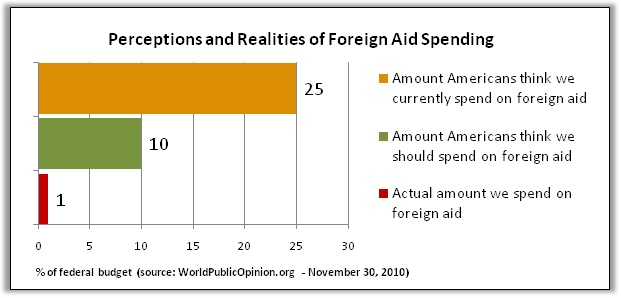I am sorry that I have been rather quiet this week, unlike some people I don't have a good excuse, however I have been eagerly following the A Day Without Dignity Campaign over at Good Intentions Are Not Enough.
Every year TOMS shoes encourages people to go A Day Without Shoes, that day is today, 5 April, to raise awareness about the plight of the shoeless poor. Of course this has the side effect of being good publicity for TOMS, who promise to donate a pair of shoes to a child in need for every $80 pair you buy from them.
While this might seem like a good idea at first glance, it doesn't take much more than a glance to realise this is a great example of bad aid. Why? The three Ds:
I'd thoroughly recommend people read more of the posts collected on the Good Intents blog.
My contribution to this campaign has been to help put together the below video:
Every year TOMS shoes encourages people to go A Day Without Shoes, that day is today, 5 April, to raise awareness about the plight of the shoeless poor. Of course this has the side effect of being good publicity for TOMS, who promise to donate a pair of shoes to a child in need for every $80 pair you buy from them.
While this might seem like a good idea at first glance, it doesn't take much more than a glance to realise this is a great example of bad aid. Why? The three Ds:
- Donor driven: rather than asking communities what they need, this is a campaign driven by a shoe manufacture... shoes are rarely high on the list of needs
- Demeaning: as hinted by the title of A Day Without Dignity, people want respectable jobs and a sustainable life, not handouts and donations
- Detrimental: not only is goods donations (SWEDOW: Stuff WE DOn't Want) not a good idea, it is a really bad idea, wasting money on importing impractical and often used goods outcompetes local businesses. Importing used clothing caused 50% of the decline of employment in Africa from 1981-2000 and 543,000 Nigerian textile workers lost their jobs due to clothing donations between 1992 and 2006.
I'd thoroughly recommend people read more of the posts collected on the Good Intents blog.
My contribution to this campaign has been to help put together the below video:









